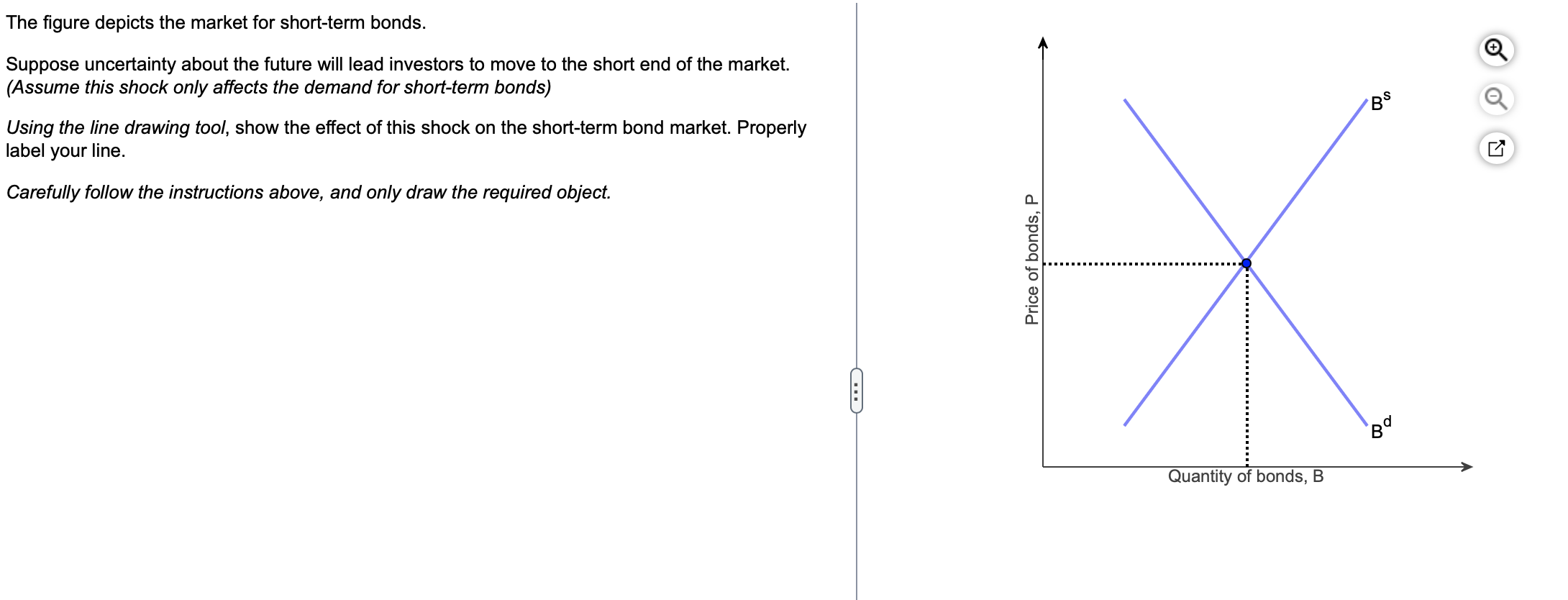The Future Of Design With AI: Figma's CEO Weighs In

Table of Contents
AI-Powered Design Tools: Revolutionizing the Workflow
AI design tools are automating repetitive tasks, freeing designers to focus on creative problem-solving and strategic thinking. This shift is significantly impacting design workflows, leading to increased efficiency and enhanced collaboration. The integration of AI is not just about speed; it's about unlocking new levels of creativity.
Examples of how AI is revolutionizing the design process include:
- AI-powered image generation: Tools can now create unique images based on text prompts, drastically reducing the time spent sourcing visuals.
- Smart design suggestions: AI algorithms can offer intelligent design recommendations, suggesting optimal layouts, color palettes, and typography based on best practices and user data.
- Automated code generation from designs: AI can translate designs directly into functional code, streamlining the development process and fostering closer collaboration between designers and developers.
The benefits extend beyond individual designers:
- Increased efficiency and speed: Design projects are completed faster, allowing for quicker iteration and faster time-to-market.
- Enhanced collaboration: AI tools facilitate better communication and shared understanding among designers, developers, and stakeholders.
- Democratization of design: AI-powered design tools make professional-level design capabilities accessible to a broader audience, fostering greater inclusivity in the field.
- Potential for new design possibilities: AI can unlock entirely new avenues for creativity, pushing the boundaries of what's possible in design.
The Evolving Role of the Human Designer in an AI-Driven World
While AI is transforming the design process, it's crucial to understand that it's not replacing human designers; instead, it's augmenting their capabilities. The human element remains irreplaceable, bringing essential skills to the table that AI currently lacks.
- Designers will need to adapt and learn new skills: Proficiency in using AI design tools and understanding their capabilities will be crucial for designers to remain competitive.
- Focus will shift from execution to strategy: Designers will increasingly focus on high-level strategy, concept development, and user experience, delegating more routine tasks to AI.
- Increased demand for designers specializing in AI-assisted design: A new generation of designers skilled in leveraging AI for ethical and effective design will be in high demand.
- Human oversight and creative direction remain crucial: The human touch – critical thinking, emotional intelligence, and nuanced understanding of user needs – remains paramount for impactful design. AI can assist, but it cannot replace the human capacity for empathy and innovative problem-solving.
Ethical Considerations and Challenges of AI in Design
The integration of AI in design presents ethical considerations that must be addressed proactively. Bias in algorithms, data privacy concerns, and the potential for job displacement are significant challenges. Figma, as a leader in the field, will likely prioritize responsible AI development, focusing on transparency and accountability.
- Ensuring fairness and inclusivity: AI algorithms must be trained on diverse datasets to avoid perpetuating existing biases and promote equitable representation in design.
- Addressing potential biases embedded within training data: Carefully curating training data is crucial to minimize the risk of perpetuating harmful stereotypes or inequalities.
- Maintaining transparency and accountability: The decision-making processes of AI design tools should be transparent and understandable, allowing for human oversight and accountability.
- Protecting user data and privacy: The use of AI necessitates robust data privacy measures to protect user information and maintain ethical standards.
Figma's Vision: Shaping the Future of AI in Design
Figma's CEO, Dylan Field, has likely shared insights into the company's vision for AI integration, outlining a roadmap for future developments. This likely includes a commitment to responsible AI development, ensuring that AI tools are used ethically and beneficially.
- Specific features or functionalities: Figma's future plans likely encompass features such as enhanced design suggestions, automated prototyping, and more sophisticated collaborative tools.
- Commitment to responsible AI: Figma’s approach likely emphasizes transparency, fairness, and user privacy in its AI development strategies.
- Impact on the wider design community: Figma's initiatives will undoubtedly have a significant impact on the design industry, shaping the future of design workflows and creative processes.
Conclusion
The integration of AI in design, as envisioned by Figma's CEO and reflected in its ongoing development, is poised to revolutionize the design process. While challenges remain regarding ethics and the evolving role of human designers, the potential benefits are undeniable. AI-powered design tools are already enhancing efficiency and pushing creative boundaries, making design more accessible and impactful. Staying informed about the latest advancements in AI in design, particularly those coming from leaders like Figma, is crucial for designers looking to thrive in this rapidly evolving landscape. Embrace the future of design with AI and explore the innovative tools shaping the industry. Learn more about the latest developments in Figma AI and how it's changing the game of AI design tools.

Featured Posts
-
 Stellantis Ceo Search Us Boss In The Running
May 12, 2025
Stellantis Ceo Search Us Boss In The Running
May 12, 2025 -
 Cheating Rumors Swirl Selena Gomezs Response To Benny Blanco Allegations
May 12, 2025
Cheating Rumors Swirl Selena Gomezs Response To Benny Blanco Allegations
May 12, 2025 -
 Bond Market Volatility The Ripple Effect Of Tariff Hikes
May 12, 2025
Bond Market Volatility The Ripple Effect Of Tariff Hikes
May 12, 2025 -
 Mc Laughlin Secures Pole In Thrilling St Petersburg Gp Qualifying
May 12, 2025
Mc Laughlin Secures Pole In Thrilling St Petersburg Gp Qualifying
May 12, 2025 -
 The Speedway Classic Insights From Mlb Commissioner Rob Manfred
May 12, 2025
The Speedway Classic Insights From Mlb Commissioner Rob Manfred
May 12, 2025
